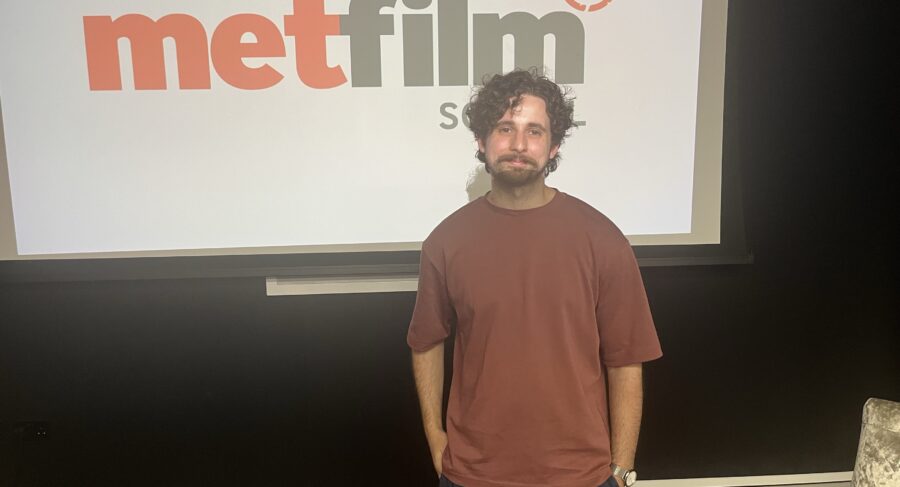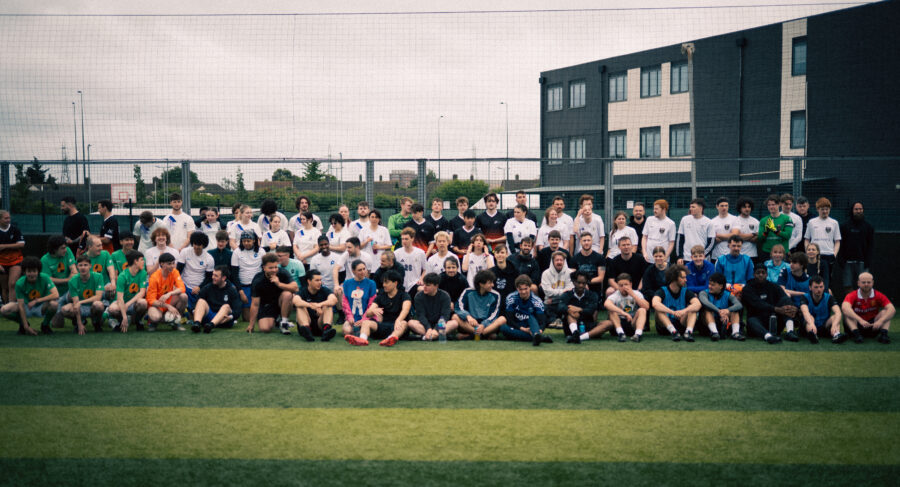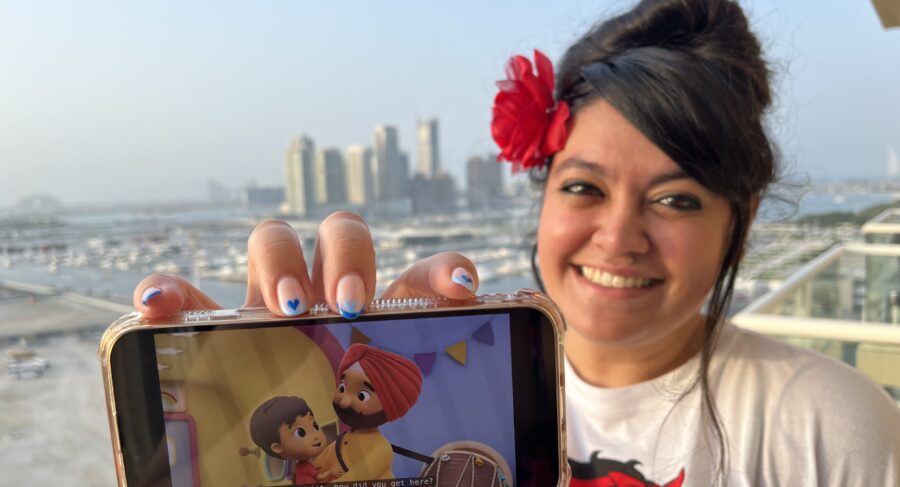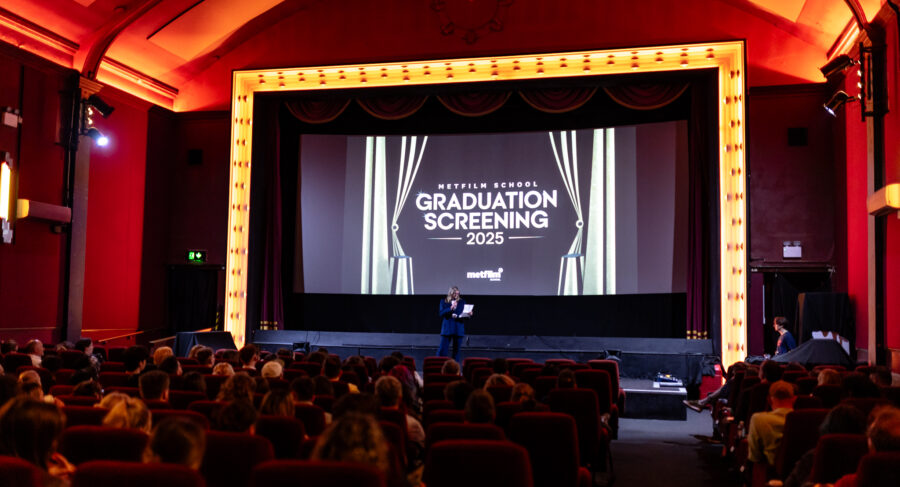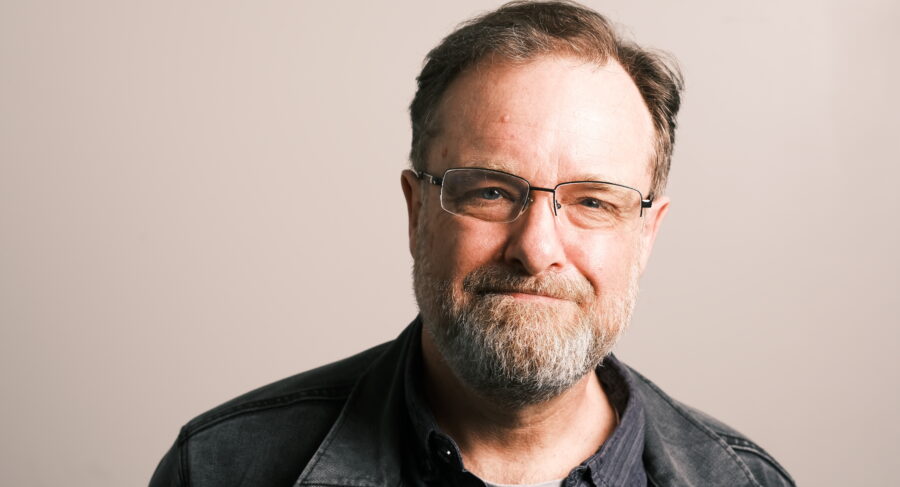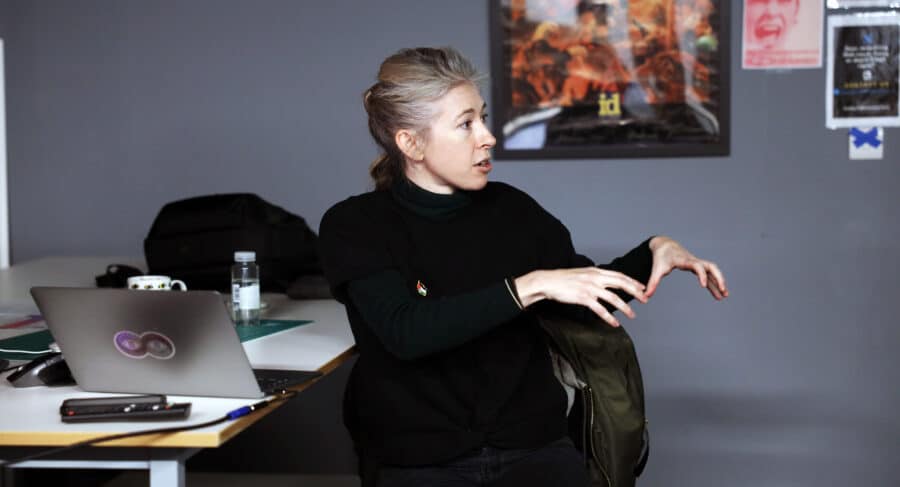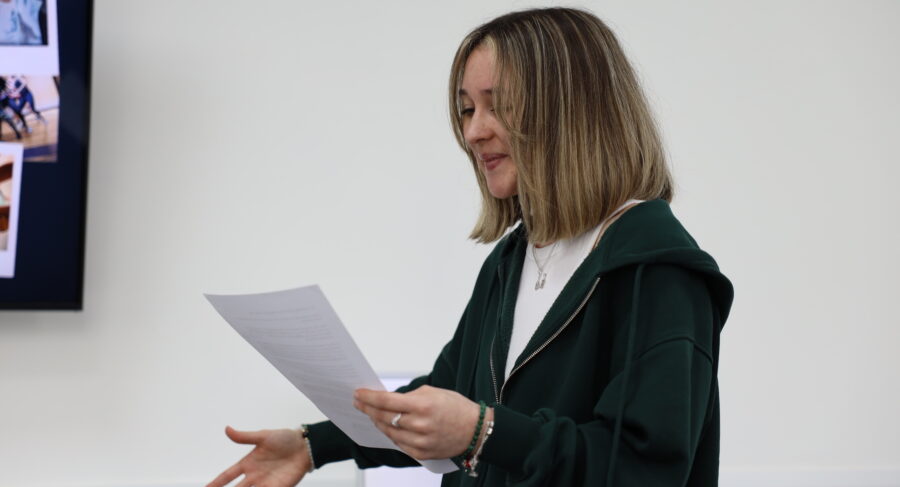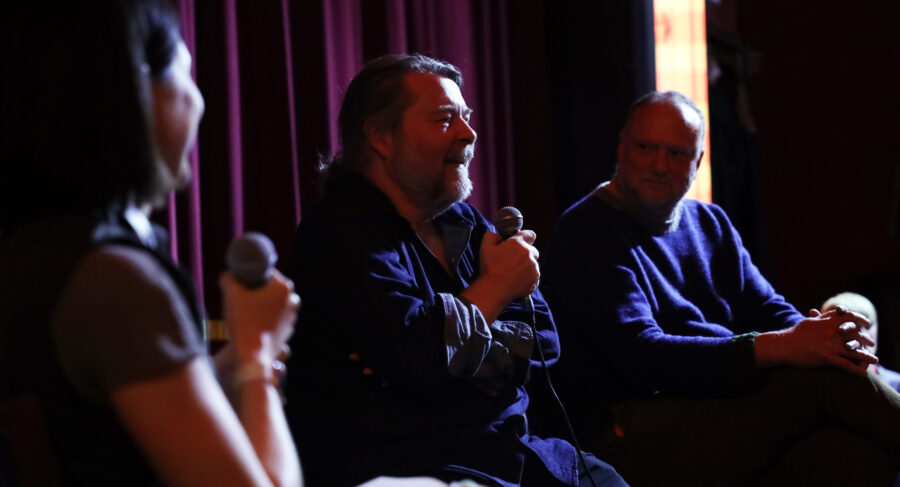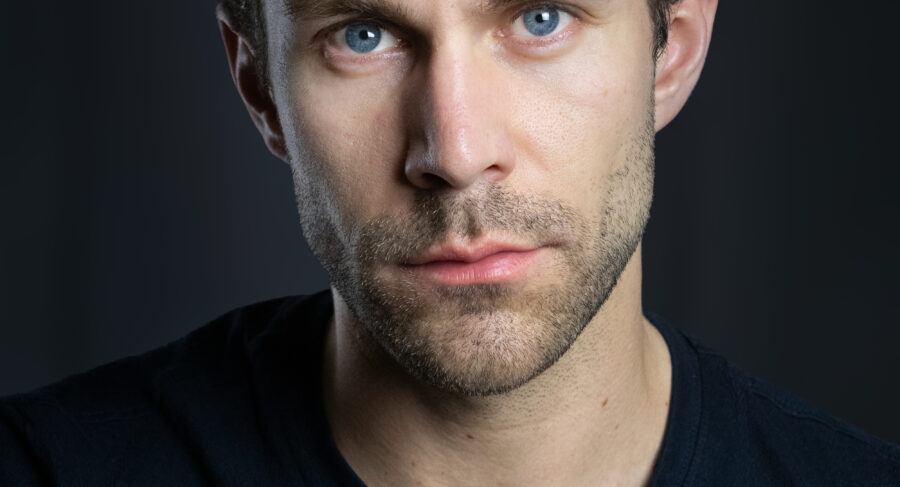In conversation with Bond Associate Producer, Gregg Wilson
By MetFilm School
20 December 2021
We were honoured to have recently welcomed Gregg Wilson, Associate Producer of box office record-breaker No Time To Die (2021) for an inspirational Masterclass.
After starting out in the industry as a sound designer for video games, Gregg’s first foray into the world of Bond was as a development executive on Die Another Day (2002), followed by the role of assistant editor on Casino Royale (2006), assistant producer on Quantum Of Solace (2008) and associate producer for Skyfall (2012) and Spectre (2015).
Masterclass Highlights
Gregg discussed a broad range of subjects during the session, including the distinctions between assistant, associate and co-producers, how he got started in the industry, the key differences between factual and narrative editing, working with Phoebe Waller-Bridge, and managing stress on highly anticipated productions such as Bond films.
Before this, Gregg gave a candid account of how he first got involved with EON Productions, a company which is chaired by his father and long-standing Bond producer, Michael G. Wilson.
“It’s an incredible thing to be a part of the family business. I joined EON officially just before Quantum Of Solace. I was basically freelancing for my first couple of Bond films before I realised this is definitely something that I wanted to do.
It’s been an amazing thing to be a part of. I like working with my family. I don’t know if that’s for everybody though. At first it seemed like the mafia – once you join you can never leave. But they really are wonderful people to work for. Bond is the thing that demands most of our time and resources. But it is nice to work on different projects in-between.”
As the Masterclass progressed, students were able to pose their own questions to Wilson about the specifics of his role as an associate producer.
“The main function as a regular producer is to solve problems. Technically, the producer (if you acquire the rights to a project) will raise the financing, supervise the production, approve the key decisions, and then make sure the film’s completed and has distribution,” explained Gregg.
“I’m doing a different sort of role to all those things. Mine is more about trying to always make the movie better by trying to anticipate future problems and guessing what’s going to be an issue. And so, it primarily about problem solving and troubleshooting.”
He continued “A lot of that comes down to personality management. A crew is like a big family, and if it’s dysfunctional, you’re not going to make a good movie. So, it’s about making sure everyone is optimised and able to do what they want to do in the best possible way and are empowered to do that.
Sometimes people can get very nervous, upset or feel like they’re not being recognised or listened to. So, a lot if my time is spent having one-on-one conversations with heads of department, visiting them getting them to trust me as someone they can confide in. Ultimately, it can be like ringing the alarm bell to tell the producers that there’s a problem. So, it’s really important to know about these problems in advance.”
Attendees were also interested to hear about Gregg’s experience of working with one of the industry’s hottest writing talents, Phoebe Waller-Bridge, when polishing up the final script for No Time To Die.
“Sometimes it’s necessary to bring in a fresh pair of eyes. We were all big fans of Phoebe’s work and really wanted to get her on board. She helped elevate each scene she worked on. She’d take what was already there and just make all the characters and their dialogue much sharper.
She has a great sense of rhythm, so you can tell when she’s had her go at a scene. There’s just something you could feel, almost like a musical rhythm to it. She made a lot of the scenes a lot funnier. She’s just an incredibly talented writer.”
Having worked in the film industry for nearly twenty years, students quizzed Gregg on some of the most significant work changes he has seen during that time.
“When we first moved over to digital, there were some slightly different jobs on set, such as DIT technician. Now though, there’s more health and safety personnel, because that’s very important. On our most recent film, we had a sustainability coordinator for the first time, who made sure our carbon footprint was as low as it could be, and that we could recycle as much of our sets and wardrobe as possible.
Now of course, you have Covid coordinators. And with new technologies emerging, there are new roles being added to film crews all the time. For example, if you’re doing fancy LED projections, you’re going to have all sorts of new roles relating to that.”
One other change highlighted by Gregg, was that many EON productions now insist on putting a trainee into each department. This is encouraging news for our students and alumni entering the industry, as it demonstrates that there are opportunities for new starters like them to progress into feature film productions.
We are so incredibly thankful to Gregg for being generous enough to speak with our students. We loved hearing his industry insights and the Masterclass attendees left with a much clearer idea on the role of an associate producer within high end cinema.
Are you interested in being a part of the new legacy at MetFilm School?
Sign up to one of our Open Days:
Find out more information on our courses by clicking below:

